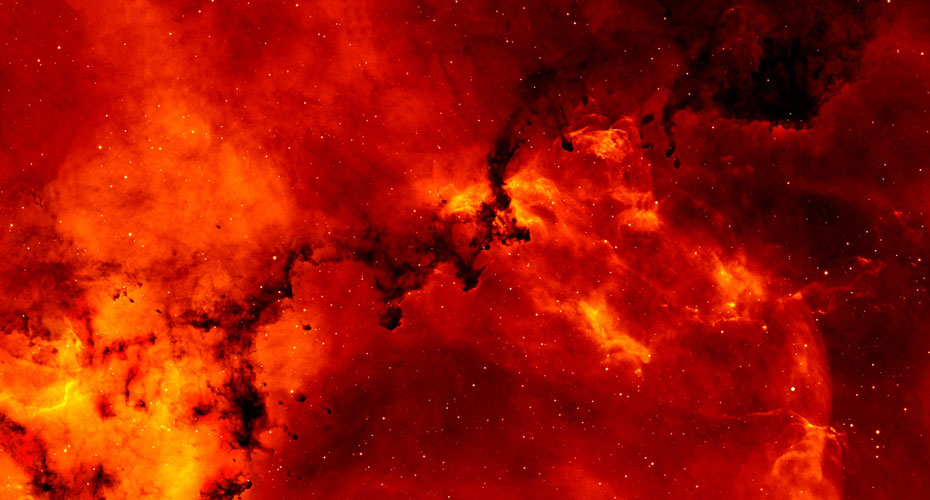Prof. Nathan Mayne explains the science behind the discovery of exoplanets.

To find out more about our outreach sessions, or to be sent resources related to our work on exoplanets, please contact us.
Prof. Nathan Mayne looks into 'searching for life in distant solar systems'.
Exoplanet Explorers
Exoplanet Explorers is a schools outreach programme developed and delivered by academics within the University of Exeter Astrophysics Group and the University of Exeter Graduate School of Education.
Using cutting-edge virtual-reality and immersive computer-gaming technology, our workshops provide a fun, enjoyable and accessible learning experience, promoting interest in science, technology and engineering disciplines.
Read more about how our interactive sessions are delivered in the panels below.
The Exoplanet Explorers School Science Sessions are delivered as highly interactive workshops and educate young people on the science behind researching planets outside of our Solar System, known as exoplanets. The mix of hands-on activity, use of visualisation technology and expert tuition from university researchers make these sessions a valuable contibution to the learning journey of Key Stage 5 physics students.
"I really enjoyed the virtual reality and was fascinated by the exoplanets because I had never fully appreciated them before… it was great learning about how the star and distance will affect the conditions of planets."
Year 12 Student, Woodroffe School, Lyme Regis
The school-based outreach sessions build upon the research outputs of the University of Exeter and help students to better understand the phenomena of the universe. The sessions directly link with the Physics curriculum at Key Stage 5. The Exoplanet Explorers sessions have three main objectives:
- To deepen understanding and provoke curiosity about the science behind exoplanet discovery and exploration, including the technology used to detect them.
- To demystify the field, and address misconceptions regarding the people involved in scientific research.
- To encourage young people to consider a career in science and to raise the profile of STEM subjects.
“I have never really looked at astrophysics before, or seen what can be done… [this session] has helped me to understand the separate topics and how detailed they are”, and “Scientists are more interesting than I previously thought”.
Year 12 Student, Woodroffe School, Lyme Regis

The interactive workshop series makes use of cutting-edge high-definition virtual reality, enabling students to explore exoplanets ‘first hand’ through immersive experiences using VR headsets. These experiences are then further supplemented by interactive guided sessions, led by scientists who discuss the scientific principles behind the discovery of exoplanets.
These sessions are of significant value to both teachers and students alike, with students commenting that the sessions have improved their understanding of the science, as well as deepening their appreciation of those conducting scientific research. Teachers are provided with insight into the cutting-edge science, and given access to follow-up resources to enable further exploration of the phenomena of exoplanets.
"An excellent and engaging experience for our A level physicists, and a perfect compliment to their studies. The session consolidated links between classroom physics and their application in theoretical and observed astrophysics research. Thank you for running a well-resourced practical lesson that will be always be remembered by our A level students!"
Marcus Corrie, Science Teacher, Woodroffe School, Lyme Regis


Find out more about exoplanet research at the University of Exeter.

See our learning resources to support the session and check out the Institute of Physics learning resources on exoplanets.




